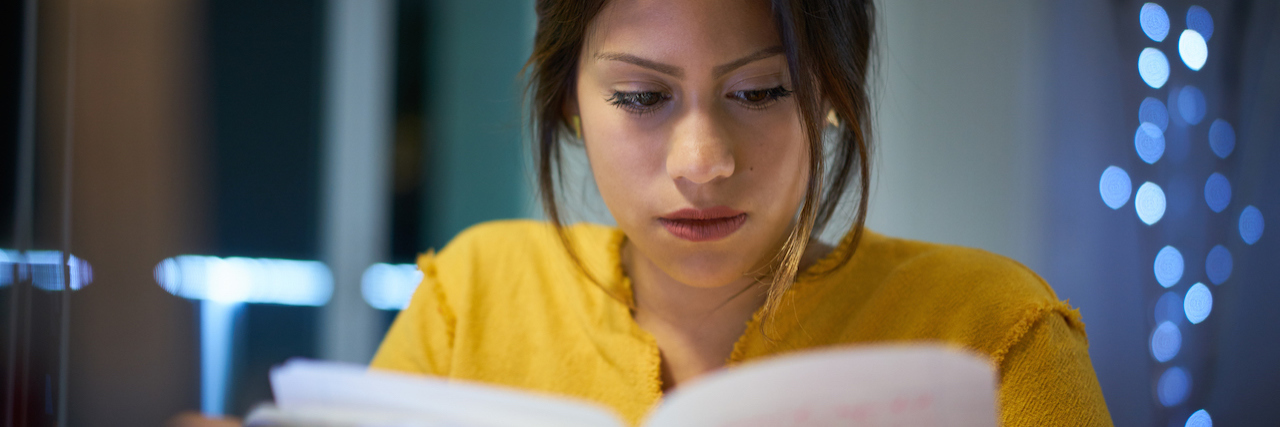Post-traumatic stress disorder, or PTSD, is defined as a disorder in which a person has difficulty recovering after witnessing or experiencing a traumatic event. It looks different in everyone, with a vast list of symptoms an individual can exhibit, such as insomnia, flashbacks and social isolation. According to the National Institute of Mental Health, “Nearly everyone will experience a range of reactions after trauma, yet most people recover from initial symptoms naturally. Those who continue to experience problems may be diagnosed with PTSD.” Not every traumatized person experiences PTSD symptoms, but some do.
What Do PTSD Symptoms Look Like?
They include:
- Behavioral symptoms: agitation, irritability, hostility, hyper vigilance, self-destructive behavior or self-isolation
- Psychological symptoms: flashback, fear, severe anxiety or mistrust
- Mood symptoms: loss of interest or pleasure in activities, guilt or loneliness
- Sleep symptoms: insomnia or nightmares
- Also common: emotional detachment or unwanted thoughts
If you or anyone you know have been exhibiting these symptoms for a month or more after a traumatic experience, please seek professional advice or counseling.
What My PTSD Looks Like
About a month or two following my traumatic experience(s), I began to exhibit numerous symptoms listed above. These included agitation, irritability, nightmares, flashbacks, unwanted thoughts and, as of late, emotional detachment. All of these things became an obstruction in my life, relationships and education. I had a hard time trusting people, and my lack of sleep fed into the ever-present agitation and sensitivity I began to have. Attending classes became more of a struggle, so I started missing classes to keep from being overwhelmed. My trauma began to rule my life more than I had ever thought I would let it – and it hit me all at once. I’d never experienced anything in my life as severe as this, so I was lost in all of the sudden thoughts and feelings.
Coping With PTSD: How I’ve Accepted Its Place In My Life
Once I realized how bad my mental health had gotten, I sought help from on-campus counseling services, as well as the Title IX office. I received academic accommodation to help me make up the work I’d missed, and I met with a counselor bi-weekly to get me through the semester. I managed to make up all of the work and pass the semester with a decently high GPA and feeling satisfied. As soon as I moved back to my hometown, I returned back to my primary therapist, and I started talking about where I was in my recovery. Two months ago, I hadn’t made much progress from when I was still living in the same environment, but now I have gotten through a lot more than I would have thought possible.
I started keeping a dream journal to keep my nightmares locked away instead of trapped in my head. I’ve noticed my triggers and have taken the adequate steps to avoid intentionally putting myself into situations involving them. I’ve expressed my concerns to close friends, so that my mental state can be understood, as I am prone to changes in short periods of time. Per my therapist’s request, I’ve sought medication to help me manage depressive symptoms and have been more honest about my feelings and experiences. Overall, accepting my PTSD involves addressing my traumatic experience directly, which has been so incredibly difficult, but has proved to be helpful in my recovery. Two months ago I would never have thought to write all of this on a blog post, let alone admit it to myself.
To Anyone Struggling with PTSD
Please seek help. I know that it’s hard, and it brings some of those memories back. But I promise you, sometimes it feels good to be able to talk and be understood. You deserve to be listened to, you deserve to feel safe in your own skin, home and environment. Your trauma doesn’t define you, and you will always be more than the worst thing that’s happened to you.
Follow this journey on Dear Recovery Diary.
Getty Image by diego_cervo

